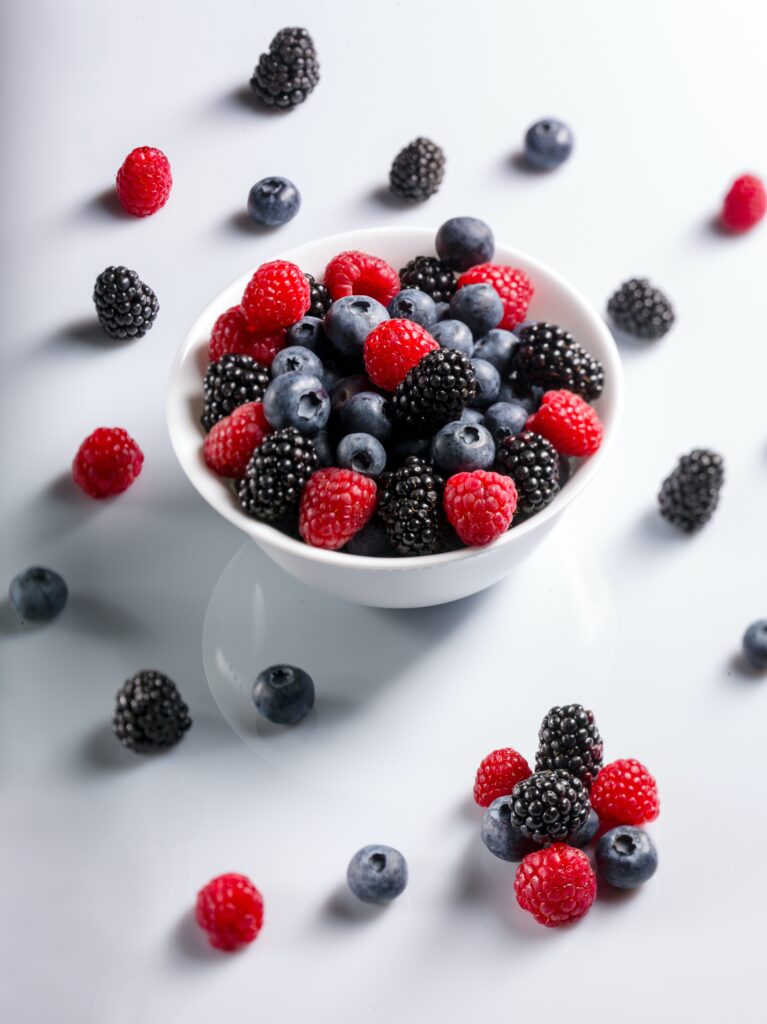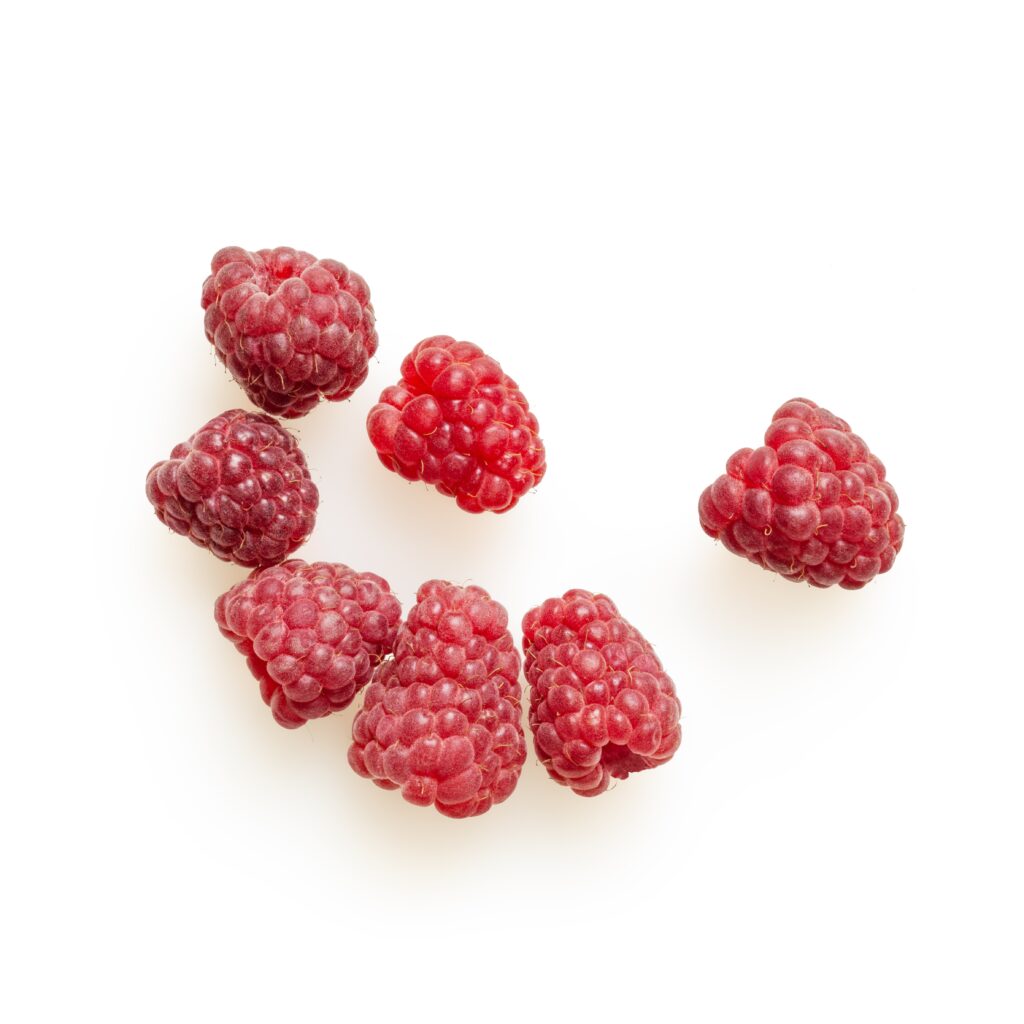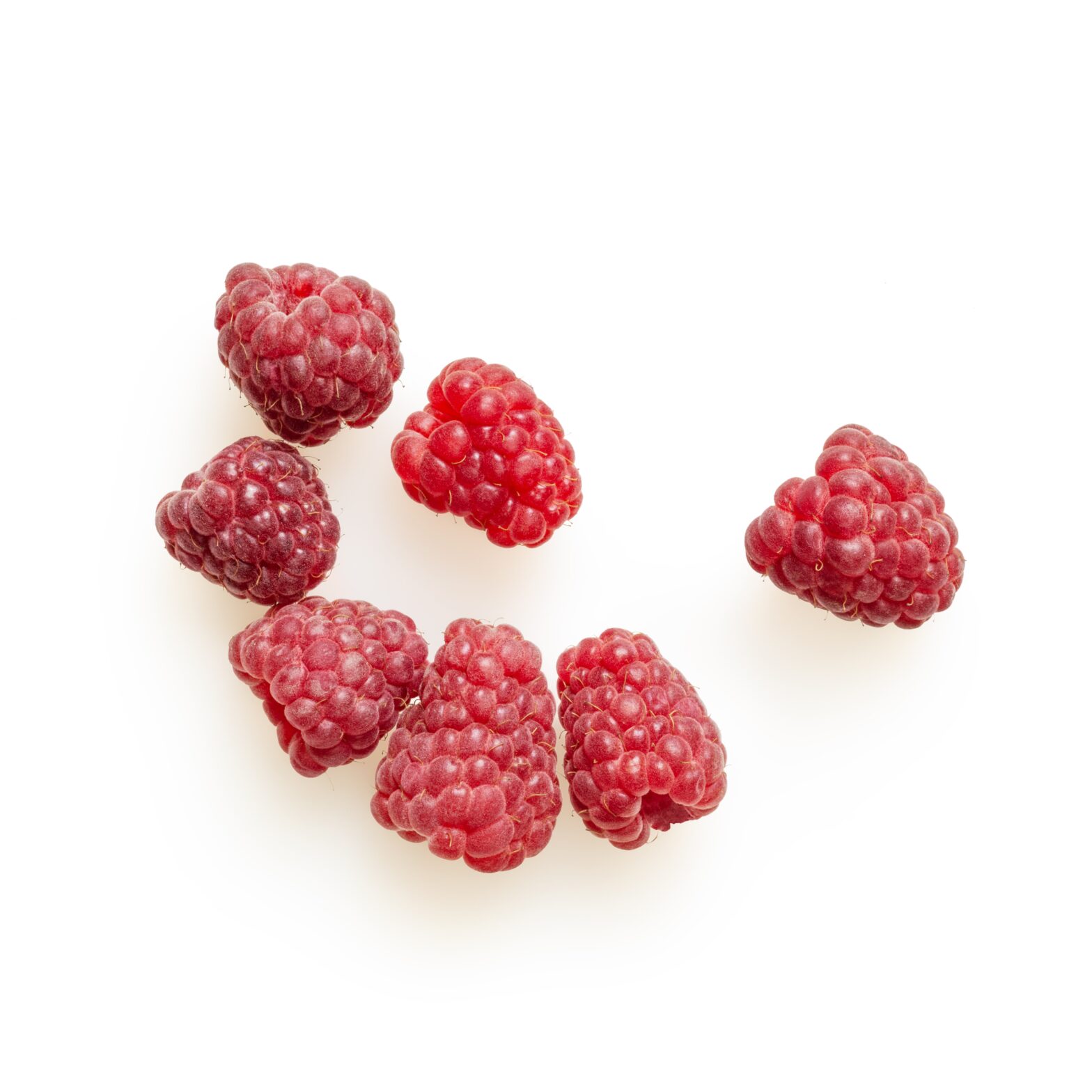Raspberries, known for their tart yet refreshing flavor, offer a delectable solution for those seeking to minimize their sugar intake. These vibrant fruits are not only low in sugar, but also rich in antioxidants, particularly vitamin C, which can provide protection against chronic diseases such as cardiovascular disease and cancer. Furthermore, the antioxidants found in raspberries have been shown to reduce inflammation and alleviate arthritis pain. Their high fiber content contributes to feelings of fullness, aids in controlling blood sugar levels, and promotes good digestive health. In fact, incorporating raspberries into one’s diet may help lower blood sugar levels and reduce the risk of developing diabetes. The benefits of raspberries extend even further, as their consumption can counter oxidative stress, support brain health, and improve coordination and memory. Packed with essential nutrients like vitamin C, manganese, calcium, and vitamin K, raspberries also contribute to strengthened immunity, improved skin health, and enhanced bone health. However, it is important to note that while most individuals can enjoy raspberries without any issues, some may be allergic to them, and there is a risk of food poisoning if the fruit is contaminated. By simply washing and preparing raspberries properly, this risk can be significantly reduced. Whether enjoyed fresh, frozen, or added to dishes such as oatmeal, salads, smoothies, or desserts, raspberries offer a versatile and nutritious option for individuals seeking to optimize their health and well-being.

Benefits of Raspberries
Raspberries are a delicious and nutritious fruit that offer a variety of health benefits. From their low sugar content to their high fiber content, raspberries are a great addition to any diet. Let’s explore the many benefits of this vibrant fruit.
Low in Sugar
For those looking to minimize their sugar intake, raspberries are an excellent option. Compared to other fruits, raspberries contain relatively low levels of sugar. This makes them a desirable choice for individuals who want to enjoy the sweetness of fruit without the high sugar content.
Rich in Antioxidants
One of the standout benefits of raspberries is their high antioxidant content, particularly vitamin C. Antioxidants play a crucial role in protecting the body from oxidative stress, a process that can lead to chronic diseases like cardiovascular disease and cancer. Including raspberries in your diet can help boost your antioxidant intake and promote overall health.
High in Fiber
Raspberries are also an excellent source of dietary fiber. Fiber is essential for maintaining a healthy digestive system and can contribute to feelings of fullness. Additionally, a high-fiber diet has been associated with better blood sugar control and a reduced risk of conditions like obesity, heart disease, and certain types of cancer. Incorporating raspberries into your meals and snacks can help you meet your daily fiber needs.
Lower Blood Sugar Levels
In addition to their fiber content, raspberries may also help lower blood sugar levels. Research suggests that the antioxidants and other bioactive compounds found in raspberries can improve insulin sensitivity and reduce the risk of developing type 2 diabetes. Including raspberries in a well-balanced diet may be beneficial for individuals with diabetes or those at risk of developing the condition.
Support Brain Health
The antioxidants present in raspberries not only benefit the body but also support brain health. Oxidative stress can lead to inflammation and damage to brain cells. By counteracting oxidative stress, the antioxidants in raspberries may help protect against age-related cognitive decline and improve brain function. Some studies have even suggested that raspberries may enhance coordination, memory, and learning abilities.
Packed with Nutrients
Raspberries are not only low in sugar and high in antioxidants and fiber, but they also provide a range of essential nutrients. They are packed with important vitamins and minerals such as vitamin C, manganese, calcium, and vitamin K. These nutrients play a vital role in immune function, skin health, bone strength, and blood clotting. By adding raspberries to your diet, you can easily boost your nutrient intake and support your overall well-being.
Potential Risks and Precautions
While raspberries offer numerous health benefits, it’s essential to be aware of potential risks and take necessary precautions when consuming them.
Allergic Reactions
Some individuals may be allergic to raspberries. Allergic reactions to raspberries can range from mild symptoms like skin rashes and hives to more severe reactions like difficulty breathing and anaphylaxis. If you have a known allergy to raspberries or other berries, it is important to avoid consuming them and seek medical advice.
Risk of Food Poisoning
Like any fruit or vegetable, there is a risk of food poisoning if raspberries are contaminated. This can occur if the fruit is not properly washed or if it comes into contact with harmful bacteria during the growing or handling process. To reduce the risk of food poisoning, it is essential to thoroughly wash raspberries before consumption. Additionally, purchasing raspberries from reputable sources and storing them properly can minimize the risk of contamination.

Incorporating Raspberries into Meals and Snacks
Raspberries are not only delicious on their own but also versatile enough to be incorporated into a wide range of meals and snacks. Here are some ideas for incorporating raspberries into your diet:
Oatmeal
Add a handful of raspberries to your morning bowl of oatmeal for a burst of flavor and added nutrients. Raspberries pair well with the creamy texture of oatmeal and can be easily mixed in for a delicious and nutritious start to your day.
Smoothies
Boost the nutritional value of your smoothies by adding raspberries. Simply blend together your favorite fruits, some yogurt or milk, and a handful of raspberries. This will not only add a naturally sweet taste to your smoothie but also provide antioxidants, fiber, and other essential nutrients.
Salads
Raspberries can add a delightful pop of color and flavor to salads. Toss a handful of raspberries into your salad for a refreshing and nutritious addition. They pair particularly well with leafy greens like spinach or arugula and can be combined with other fruits, nuts, and cheeses to create a satisfying and balanced salad.
Desserts
Raspberries are a perfect addition to desserts, both as a topping or an ingredient. Sprinkle them over a bowl of yogurt or ice cream, incorporate them into cakes, pies, or tarts, or blend them into a fruity sorbet. The natural sweetness and vibrant color of raspberries can elevate any dessert and provide a healthy twist.

Different Forms of Raspberries
Raspberries are available in various forms, allowing you to enjoy them throughout the year. Here are three common forms of raspberries:
Fresh Raspberries
Fresh raspberries are plump, juicy, and bursting with flavor. They are readily available during the summer months and can be enjoyed on their own or incorporated into various recipes. When purchasing fresh raspberries, look for firm berries with a deep color and avoid any that appear mushy or moldy.
Frozen Raspberries
Frozen raspberries are a convenient option that allows you to enjoy raspberries year-round. They are picked at their peak ripeness and quickly frozen, preserving their flavor and nutritional content. Frozen raspberries are great for making smoothies, baking, or adding to sauces and compotes.
Slightly Mashed Raspberries
Another way to enjoy raspberries is by slightly mashing them. This can be done by gently pressing the raspberries with a fork or spoon. Slightly mashed raspberries are perfect for spreading on toast, topping yogurt or oatmeal, or layering in parfaits. This form of raspberries allows you to enjoy their texture and taste in a slightly different way.
In conclusion, raspberries are a highly nutritious fruit that offer an array of health benefits. From their low sugar content to their antioxidant-rich properties, raspberries provide a delicious and versatile addition to any diet. Whether enjoyed fresh, frozen, or mashed, raspberries can be easily incorporated into meals and snacks, providing a burst of flavor and a boost of nutrients. However, it is important to be aware of potential risks such as allergies and food poisoning, and take necessary precautions. Overall, adding raspberries to your diet can support your overall well-being and contribute to a healthier lifestyle.
